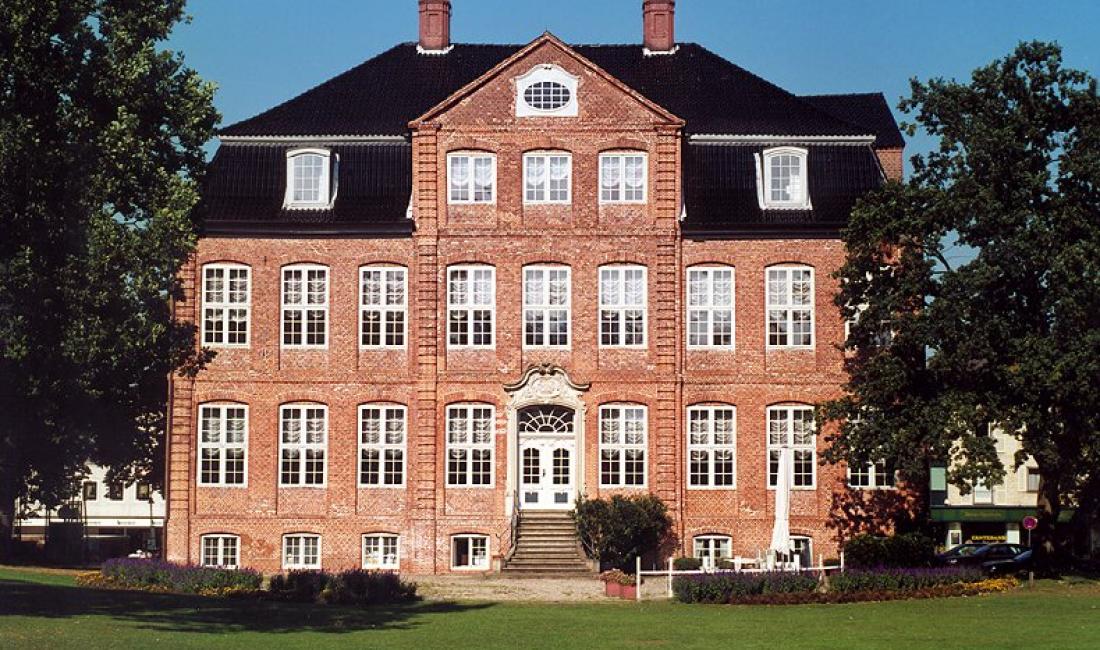A model project combines citizens juries with a referendum
The German city of Pinneberg is the third municipality to take part in the model project Climate Meets Community, in which a citizens‘ jury will be held, followed by a referendum. This was decided by the city council on 10 October with a clear majority (23:16 votes). The schedule envisages that the citizens’ jury will meet as early as the first half of 2025.
The topic and issues are to come from the field of ‘climate protection and/or climate adaptation’. The responsible administration and the political groups represented in the city council will specify this in the coming weeks.
The 25-30 members of the citizens‘ jury will be randomly selected from the population. After hearings of experts and comprehensive discussions in several sessions, the mini-public will develop recommendations for the corresponding topics. Whether these are implemented will ultimately be decided by the entire population of Pinneberg in a referendum. All citizens are called upon to vote on some of the recommendations (max. 3-5 voting questions) of the citizens’ jury. The voting date is expected to be combined with the federal election in autumn 2025. The result is binding.
Steffen Krenzer, head of the Climate Meets Community project, says: ‘Pinneberg faces numerous challenges in the areas of climate protection and climate adaptation, particularly with regard to the goal of climate neutrality by 2035. Broad public support is crucial to achieving this goal. Citizen participation at an early stage can foster this support. Climate meets community shows how difficult political questions can be answered by society as a whole. The Pinneberg goal of climate neutrality by 2035 is very ambitious and can only be achieved if citizens can actively shape climate protection. Our model project makes this possible. In the citizens‘ jury, a cross-section of the population finds good solutions that are then confirmed in the referendum. This strengthens climate policy decisions, especially when they are far-reaching.’
More details in German here.
-via Thorsten Sterk



